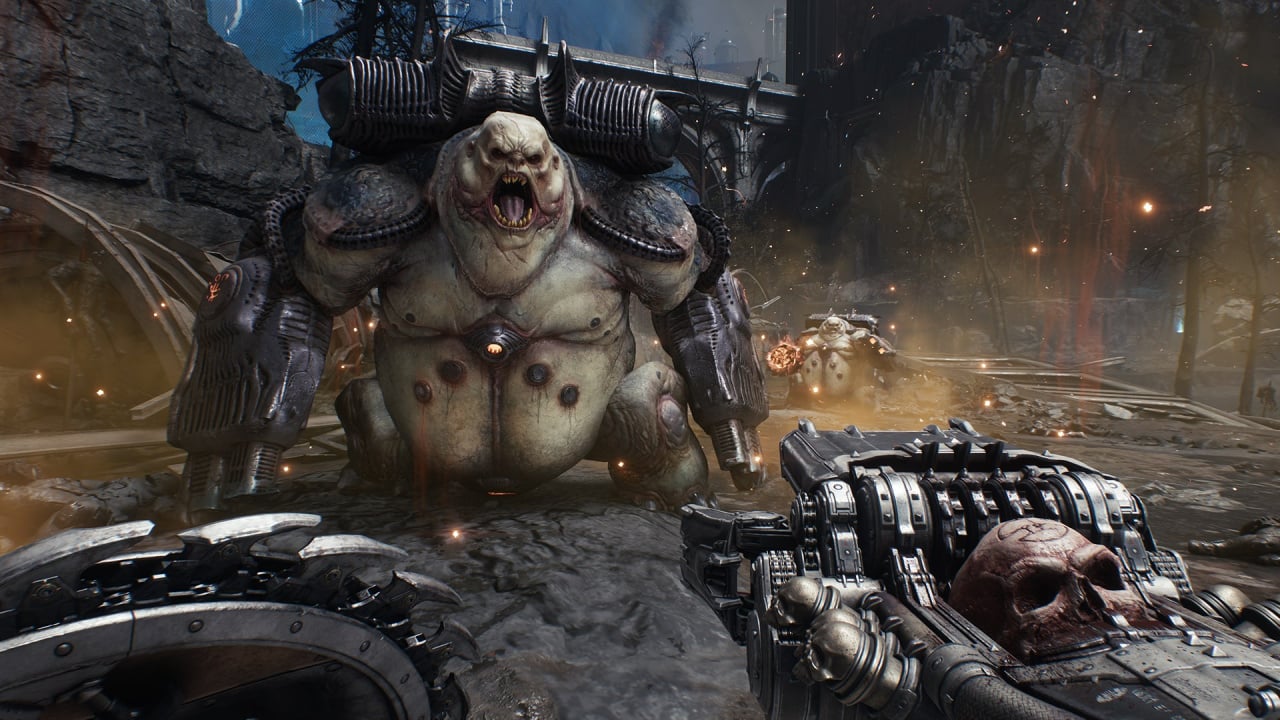Celtics' Game 1 Loss To Knicks: A New Low In Franchise History

Table of Contents
Offensive Incompetence: A Breakdown of the Celtics' Scoring Drought
The Celtics' offensive performance in Game 1 was nothing short of abysmal. A combination of poor shot selection, an alarming number of turnovers, and a lack of offensive rebounding contributed to a scoring drought that left them hopelessly behind.
Poor Shot Selection and Turnovers:
- Numerous forced three-pointers, particularly late in the shot clock, resulted in low percentage shots and wasted possessions.
- Uncharacteristic turnovers, fueled by sloppy passes and poor decision-making, repeatedly stalled promising offensive drives.
- The team’s overall offensive flow was disjointed and predictable, allowing the Knicks' defense to easily anticipate and disrupt plays.
Statistical Support: The Celtics shot a dismal 38% from the field and committed 18 turnovers, directly leading to easy transition points for the Knicks. This is significantly below their regular season average and their typical playoff performance.
Lack of Offensive Rebounding:
- The Celtics were significantly outrebounded on the offensive glass, failing to secure second-chance opportunities.
- This lack of hustle on the boards allowed the Knicks to control the tempo and further limit the Celtics’ offensive possessions.
- The inability to crash the boards effectively contributed significantly to the team’s overall offensive struggles.
Statistical Support: The Knicks out-rebounded the Celtics by a significant margin, particularly on the offensive end, directly translating to extra scoring opportunities and extending their lead. This stark contrast in rebounding prowess highlights a major area needing immediate improvement.
The Absence of Jayson Tatum's Usual Dominance:
- Jayson Tatum, usually a cornerstone of the Celtics' offense, was remarkably off his game. His shot selection was questionable, and his overall impact on the court was significantly diminished.
- His scoring output was well below his average playoff performance, leaving a massive hole in the Celtics' offensive strategy.
- The lack of Tatum's usual scoring prowess and leadership created a ripple effect, impacting the performance of other players on the team.
Comparison to Previous Performances: Tatum's Game 1 performance paled in comparison to his regular-season and previous playoff averages, underscoring the severity of his off night and its contribution to the overall loss.
Defensive Deficiencies: The Knicks' Exploited Weaknesses
The Celtics' defensive performance mirrored their offensive struggles, exposing glaring weaknesses that the Knicks ruthlessly exploited.
Julius Randle's Domination:
- Julius Randle had a field day, dominating the paint and consistently finding scoring opportunities against the Celtics' defense.
- The Celtics failed to effectively contain Randle's drives to the basket and his mid-range game.
- The lack of a consistent defensive presence against Randle allowed him to single-handedly dictate the flow of the game.
Statistical Support: Randle's points, rebounds, and assists significantly exceeded his playoff averages, demonstrating the Celtics' failure to effectively defend him.
Perimeter Defense Breakdown:
- The Knicks shot lights out from beyond the arc, consistently hitting open three-pointers.
- The Celtics' perimeter defense was repeatedly caught out of position, allowing for easy looks from three-point range.
- This defensive lapse significantly contributed to the Knicks' overall offensive success.
Statistical Support: The Knicks' three-point shooting percentage was far above their season average, highlighting the Celtics' inability to effectively defend the perimeter.
Rebounding Issues:
- The Celtics struggled on the defensive boards, giving the Knicks multiple second-chance opportunities.
- These second-chance points extended the Knicks' lead and further demoralized the Celtics' defense.
- Poor defensive rebounding, coupled with their offensive struggles, created a vicious cycle that proved difficult to break.
Statistical Support: The Knicks’ high number of offensive rebounds and second-chance points were direct consequences of the Celtics’ defensive struggles on the boards.
Coaching Strategies and Adjustments (or Lack Thereof): Questioning Ime Udoka's Game Plan
The Celtics’ Game 1 loss also raises questions about the coaching staff's game plan and its execution.
Tactical Errors:
- Questionable substitutions disrupted offensive and defensive flow at crucial moments.
- Timeout usage seemed inefficient, failing to halt the Knicks' momentum at critical junctures.
- Offensive play calls seemed predictable and easily countered by the Knicks' defense.
Failure to Adjust:
- The Celtics’ game plan seemed inflexible, failing to adapt to the Knicks' successful strategies.
- The team's inability to adjust on the fly amplified their initial mistakes and allowed the Knicks to capitalize.
- The lack of in-game adjustments highlighted a failure to respond effectively to the Knicks' changing dynamics.
Lack of Player Motivation:
- There were observable instances of lackluster effort and a palpable absence of intensity throughout the game.
- While difficult to quantify, the perceived lack of motivation could indicate underlying issues within the team dynamic.
- Further investigation into this aspect is crucial to understanding the complete picture of the Celtics’ Game 1 performance.
Conclusion:
The Celtics' Game 1 defeat at the hands of the Knicks signifies a potentially devastating blow, marking a new low in recent franchise history. The combination of offensive struggles, defensive lapses, and questionable coaching decisions painted a grim picture of a team seemingly unprepared for the intensity of the playoffs. To avoid further setbacks, a thorough review of the team’s performance is crucial, focusing on improving shot selection, bolstering defensive strategies, and refining the overall game plan. The Celtics need to rediscover their winning formula quickly if they hope to turn the series around. This loss should serve as a wake-up call to address these fundamental issues and prevent this "new low" from defining their playoff run. Let's hope for a resurgence in the coming games! Learn more about the Celtics' performance analysis by [link to further analysis/articles].

Featured Posts
-
 Ge Force Now Doom The Dark Ages And More Coming In May
May 15, 2025
Ge Force Now Doom The Dark Ages And More Coming In May
May 15, 2025 -
 Bse Stock Market Surge Which Stocks Gained 10
May 15, 2025
Bse Stock Market Surge Which Stocks Gained 10
May 15, 2025 -
 The Amber Heard Twins A Look At The Paternity Debate
May 15, 2025
The Amber Heard Twins A Look At The Paternity Debate
May 15, 2025 -
 Microsofts Restructuring 6 000 Job Cuts And The Future Of Tech
May 15, 2025
Microsofts Restructuring 6 000 Job Cuts And The Future Of Tech
May 15, 2025 -
 Gsw Lockdown Students Share Their Reactions And Experiences
May 15, 2025
Gsw Lockdown Students Share Their Reactions And Experiences
May 15, 2025
